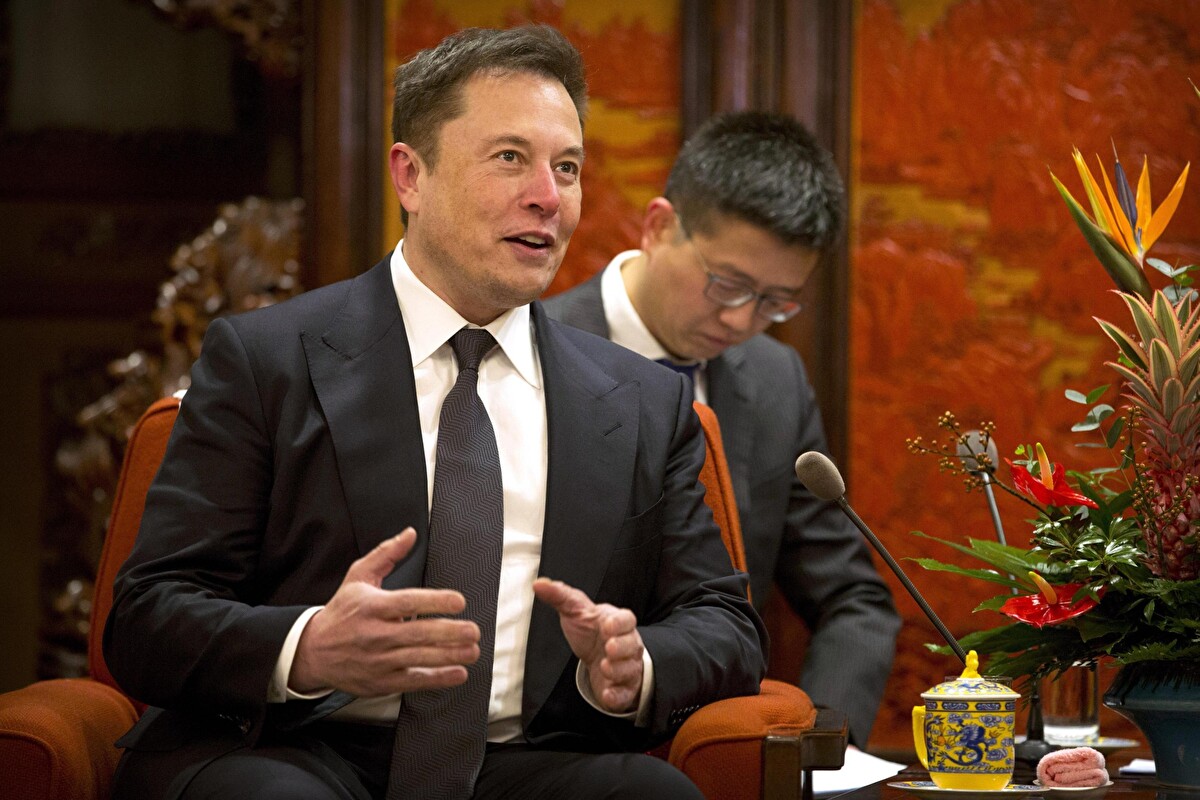Facial recognition technology has been a topic of considerable debate in New York City, especially concerning its use within the Metropolitan Transportation Authority (MTA) system.
Now clarity is being brought to the MTA’s murky plan to use it to enhance security, operational efficiency and to catch fare beaters.
One sentence in the new state budget sends the message unequivocally, the MTA cannot “use, or arrange for the use, of biometric identifying technology, including but not limited to facial recognition technology, to enforce rules relating to the payment of fares.”
However, these initiatives have raised concerns regarding privacy and the potential for misuse. In 2021, the MTA ended a test of cameras supplied by a Chinese firm on NYC subway trains due to security concerns related to the vendor’s ties to a Chinese company specializing in facial recognition. The MTA has also tested facial recognition technology at certain bridges and tunnels for cashless tolling purposes, which has prompted discussions about privacy and the accuracy of the technology. The conversation around facial recognition in NYC’s MTA reflects a broader dialogue on the balance between security and individual privacy rights in public spaces.
State Assemblymember Zohran Mamdani of Queens told Gothamist the measure was added to the budget to protect New Yorkers and their privacy.
“There has long been a concern [facial recognition] could invade upon people’s lives through expanded surveillance and through the criminalization of just existing within the public sphere,” Mamdani said.
New York lawmakers and Gov. Kathy Hochul agreed on the budget last weekend. As is common practice, small changes to laws or rules were inconspicuously stuffed into the vast and complex document, including the facial recognition ban, without public debate.
Privacy advocates and good government groups praised the new measure, particularly as the state Legislature increased the maximum penalty for fare evasion from $100 to $200 this year.
“Imposing harsher fines for fare evasion criminalizes poverty and puts vulnerable New Yorkers at risk,” Michael Sisitzky, a policy expert at the nonprofit New York Civil Liberties Union, wrote in a statement. “It’s encouraging that Gov. Hochul recognizes the dangerous and harmful impacts of biometric surveillance as a tool to combat fare evasion, but New York must stop punishing our city’s marginalized communities with historically discriminatory policing tactics that enable targeted policing against people of color and low-income New Yorkers.”
An MTA spokesperson said in a statement that the agency has never used facial recognition in its expanding surveillance system. The agency is in the midst of installing cameras in every subway station and some train cars.
Will Owen, a spokesperson for New York-based civil rights group the Surveillance Technology Oversight Project, said the state’s measures don’t go far enough.
“We’re calling for New York state to pass legislation that would fully outlaw the use of facial recognition and other biometric surveillance by government agencies to truly protect New Yorkers,” Owen said.












